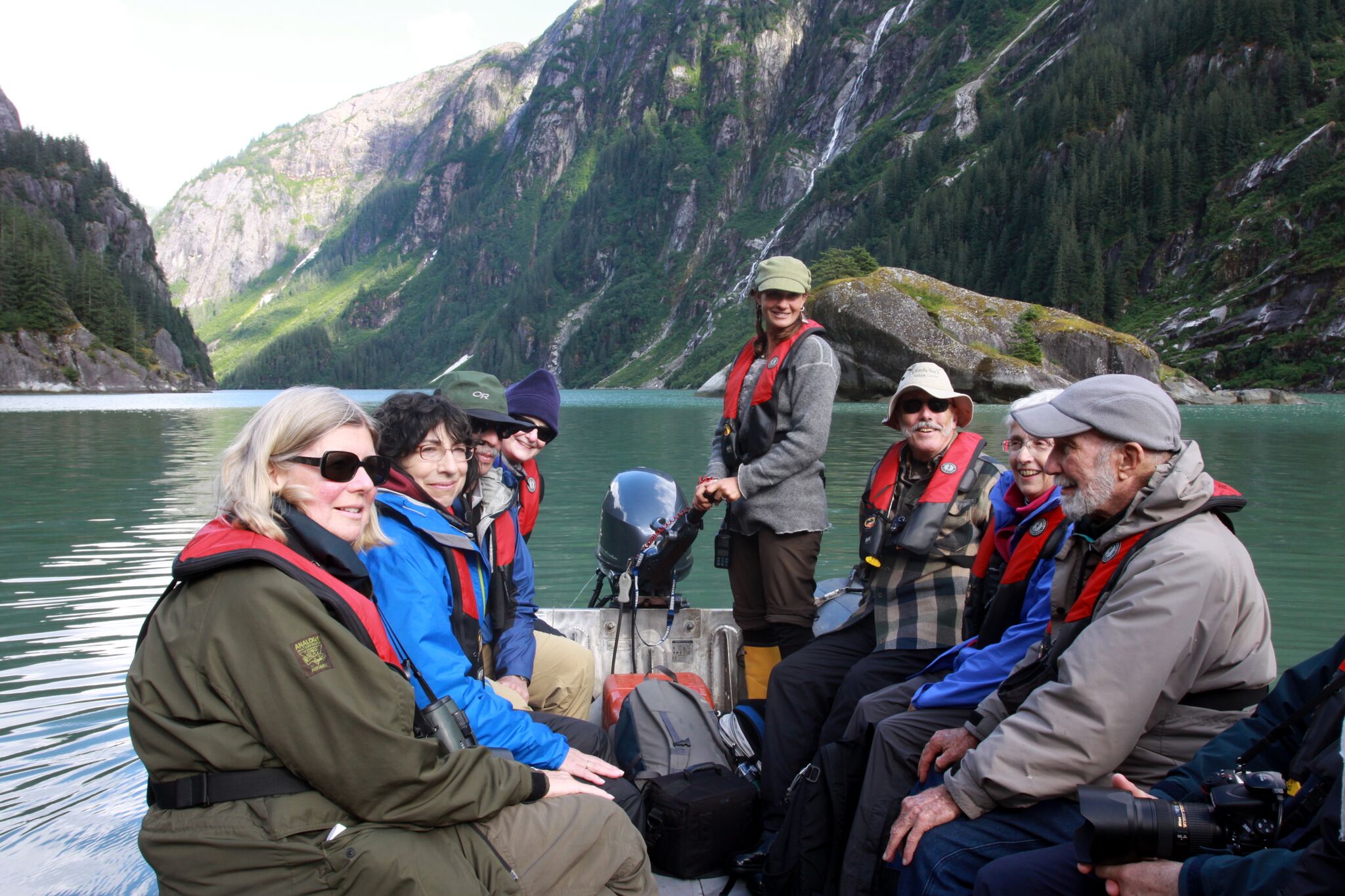Canadian foundations join the Divest-Invest Philanthropy movement

By signing Paris Agreement in December, governments signalled to investors that the world is now on a path to carbon neutral energy systems. While fossil fuels are still relied on for power generation and transport, the burning of these fuels is the leading source of greenhouse gas emissions driving global warming. The Paris Agreement means that nearly every country in the world has agreed to tackle greenhouse gas emissions. This has serious implications for long term investors as the power generation and transportation systems shift to renewable energy.
In support of the decarbonisation process and need to speed up the transition, leading Canadian foundations announced this week that they will divest their fossil fuel portfolios and invest instead in climate solutions and clean energy. As Canada works to meet its climate change targets, leading foundations are throwing their weight behind the message that the transformation of our energy system is both urgent and a great investment opportunity.
Forward thinking members of the Canadian Environmental Grantmakers' Network have acknowledged the investment risks and opportunities inherent in the transition. Alongside foundation funders, sophisticated institutional investors are demanding that high cost oil producers and the coal industry confront the reality that their entire business model is at risk, not just some of their producing assets. In North America, coal and tar sands oil are already uneconomic at current wholesale energy prices. The financial proposition for coal and tar sands oil will only get worse as Canada and other G7 member states act on their commitment to phase out fossil fuel subsidies. The market is moving ahead of government policy in the transition to a low emissions energy system.
The race to grow markets for zero emissions electric vehicles is underway and not dependent on environmental arguments. While natural gas has a brighter future than oil sands or coal, this is temporary. The marginal cost of renewable energy is zero - you don't have to pay for sunshine, wind, waves, or geothermal heat. So, once the build out of wind, solar, geothermal, and other clean power sources is complete, any fuel-based energy supply will be relegated to backup status. Smart technology already enables electric vehicle owners to share clean power between rooftop solar panels, their cars and household appliances. This technology is only going to get better.
The current energy system transformation has a disruptive information technology component that fossil fuel incumbents are largely ignoring. Paul Gilding, author of The Great Disruption, stresses that traditional energy companies are “culturally incapable of acting fast enough” to survive the transition.
With these trends in mind, the Toronto Atmospheric Fund, the Catherine Donnelly Foundation and Comart Foundation became the first Canadian signatories to Divest-Invest Philanthropy, a global alliance of foundations committed to accelerating the clean energy transition. According to Donnelly Foundation Chair, Jason Dudek, “the decision to divest from fossil fuels is motivated by a strong financial logic as well as a deep concern for environmental stewardship.” Canadian foundation trustees seeking to manage endowment funds for the long term are increasingly ready to act on the investment risks linked to the energy transition.
The Divest-Invest Philanthropy movement is catalyzing changes in financial markets, as both retail and foundation investors demand fossil free investment strategies and better forward-looking risk assessment tools. In Canada, Genus Capital Management has worked with the David Suzuki Foundation, Tides Canada, and the Clayoquot Biosphere Trust on tailored divestment strategies. “As investment community leaders, Canadian foundations and family offices have the power to choose investments that will support a just transition to a low carbon economy and fossil free energy systems,” said Wayne Wachell, CEO of Genus Capital Management.
Now that the leaders have stepped forward, it is time for their peers in the Canadian philanthropic community to act.






Comments